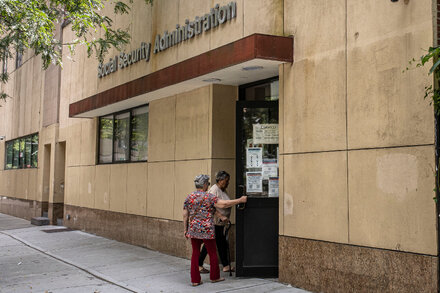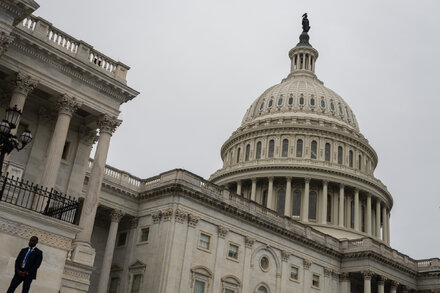
As the prospect of a government shutdown looms, concerns often arise regarding the stability of essential federal programs. Among these, Social Security frequently becomes a focal point for beneficiaries and the public. While a shutdown can indeed create significant disruptions across many government functions, the core Social Security benefit payments are generally designed to continue without interruption due to their unique funding structure.
Benefit Payments Remain Secure
Unlike many federal agencies that rely on annual appropriations bills passed by Congress, Social Security benefits are primarily funded through dedicated payroll taxes paid by workers and employers. These funds are held in Social Security Trust Funds and are legally separate from the discretionary spending categories affected by a lapse in appropriations.
“It’s crucial for beneficiaries to understand that their Social Security checks, including retirement, disability, and survivor benefits, will continue to be paid on time during a government shutdown,” explained a spokesperson for the Social Security Administration in a past statement during similar fiscal impasses. “These payments are financed by dedicated trust funds and are not dependent on annual congressional appropriations.”
This dedicated funding mechanism ensures that the Social Security Administration (SSA) can continue to process and issue benefit payments even if other government operations halt due to a lack of funding.
Administrative Services Face Disruption
While benefit checks are largely insulated, a government shutdown can significantly impact the administrative functions of the Social Security Administration. During such periods, a substantial portion of SSA staff may be furloughed, with only “essential” personnel remaining on duty. This can lead to delays in services that require human interaction or processing.
Affected services can include:
- Processing new Social Security card applications or replacement cards.
- Handling new benefit applications (retirement, disability, survivor benefits).
- Appeals for benefit denials.
- Changes to beneficiary information, such as address updates or direct deposit changes.
- Customer service hotlines and walk-in offices may operate with reduced staff or temporarily close, leading to longer wait times and limited assistance.
Individuals attempting to access these services during a shutdown are advised to anticipate significant delays and potential unavailability of certain functions.
Impact on Related Programs
Other vital programs often associated with Social Security, such as Medicare and Supplemental Security Income (SSI), also follow similar patterns regarding shutdown impacts. Medicare benefits, like Social Security, are primarily funded through dedicated payroll taxes and are generally unaffected by a shutdown, ensuring beneficiaries continue to receive medical services and payments as usual.
Supplemental Security Income (SSI), a needs-based program administered by the SSA that provides financial assistance to low-income aged, blind, and disabled individuals, is also typically protected. SSI payments are usually covered as mandatory spending and continue during a shutdown, though administrative processing for new applications or changes can still experience delays.
Historical Precedent
Past government shutdowns, including those in 1995-96, 2013, and 2018-19, have consistently demonstrated that Social Security benefit payments continue uninterrupted. While these historical events have caused considerable inconvenience for those needing administrative assistance from the SSA, the core mission of delivering monthly payments has been sustained. The agency typically operates with a contingency plan that prioritizes the delivery of scheduled benefits while scaling back non-essential services.
In summary, while a government shutdown can lead to frustrating delays and reduced access to customer service at the Social Security Administration, the direct payments to millions of Americans reliant on Social Security for retirement, disability, and survivor benefits are expected to continue without interruption.
Source: Read the original article here.





